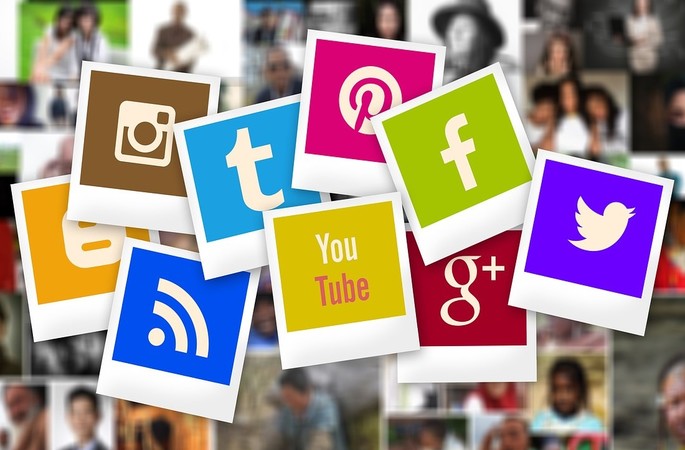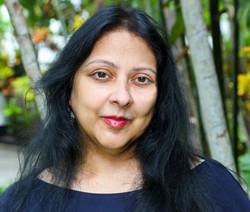In the last 6 to 12 months, several all-women’s groups have been created on digital media platforms. In the U.S., Jada Pinkett Smith’s ‘Red Table Talk’ brings together three generations of women – Jada herself, her mother and her daughter – to host and discuss issues of the day, from a woman’s point of view. The vibrant intergenerational perspectives and the respect between the women make a lively dynamic.
In the U.K., a Facebook Group called ‘Sisters On The Rise – Life Changers’ was started by Dionne Williams. Its purpose is to assist its members to shed themselves of the residue of attachment to toxic relationships. Dionne shares very relatable and dynamic, short videos with the members, and does Facebook live chats to convey tips and encouragement on facing daily challenges and creating a positive mindset.
In Sri Lanka, a group started by Shey Perera called ‘Women Together’ now has over 7,000 members. This is not just a gossiping group of girls giggling about boyfriends. It is a collective. It has a political agency. It can shift cultural viewpoints.
It is fascinating to see the instruments of the technological era being used to enlighten and inform, to bridge divides rather than foster aggression and show off ego outbursts in a rampant territorial display. Facebook in the past few years has become notorious for the way conversations and chats devolve into rants and arguments, with insults being thrown like serrated grenades at hostile participants.
Hate speech and oneupmanship tactics were clear for all to see, and misogynistic and sexist comments were deployed to incite a reaction. Often those hosting these chats on their public platforms used the sensationalism caused by the disputes to grow their own audience: a lazy and socially irresponsible way of creating content. And people started to not participate, because it was not something they wanted to be part of, even as a passive spectator.
As in other aspects of cultural life, the male way of operating in the digital world (competitive, performative, aggressive) was taken as the standard and the norm.
But what if the powerful instrument of digital media was utilised in alignment with a higher intention? These online platforms are powerful: free to individuals to access from a computer or personal tablet or phone, and interactive in every sense. Women participating may not have many opportunities to check in with other women in their own families or communities, and this kind of group offers 24-hour, positive, focused and specific support.
Women who start these groups and stay on as admins moderating discussions which take place on them have clear perspectives and goals in mind, and these encompass a bigger vision than that of self-promotion. They seek to encourage and empower other women: by opening discussion on every level of life, from the body to mind to spirit, through discussions on issues of social and political interest, to personal anecdotes, humour and moving tributes and acknowledgements.
The women participating in these online discussions come from a wide range of backgrounds and experiences, and a diversity of religious faiths and cultural practices.
They are of different ages and at different life stages. Their chats are not trivial or lightweight. They ask each other for assistance, for opinion and for encouragement. And they reciprocally offer it to each other.
Recently in Sri Lanka, a very successful online campaign has begun to draw attention to what used to be called ‘Eve-teasing’ (sexual harassment of girls and women in public spaces including public transport). Women are using their smartphones to take photographs of the men who grope or threaten them, or other women, and share them widely on social media. This has resulted in formal police charges being made against the drivers of certain three-wheeler vehicles. The faces of these men have been shown widely on Facebook, a platform used by most Sri Lankan people who have computer access. The violation of women’s dignity, formerly private anguish, and an isolating torment for those harassed, is now out in the open – and the victims are not being blamed.
Social media used with responsible awareness creates political agency, and increases moral accountability and awareness. Women are positively using social media instruments such as Facebook, Twitter and WhatsApp to collaborate, support and affirm each other.
Digital feminism replaces the reactivity of ego-based online conduct with the possibility of genuine interactivity.
Long may it grow.




leave a comment